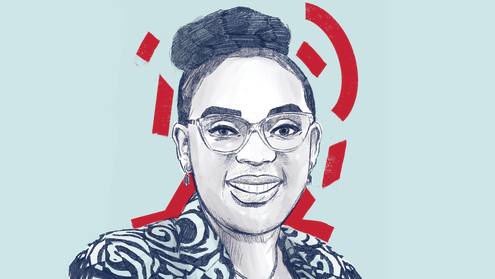The melting pot of nationalities that the UK has been renowned for is at risk of cooling. In June 2019, research showed that as many as one-quarter of workers in multicultural teams felt that their workplaces had become less accepting towards non-UK natives since the 2016 referendum on the UK's membership of the EU. Meanwhile, since then the number of EU citizens coming to the UK for work has halved compared with pre-referendum figures.
These factors threaten the UK’s ability to lead the ‘Fourth Industrial Revolution’, which will define how businesses and organisations operate from 2020 onwards, thanks to digital innovations such as drones, robotics and artificial intelligence (AI). These technologies offer plausible solutions to many of the challenges society will face in the coming years. Drugs and medication could become available to remote citizens in frontier markets, thanks to increased accessibility through drones (some diseases, such as malaria, could even be eradicated), and industries such as agriculture could become far more eco-friendly and efficient by utilising robotic technology to grow crops.











